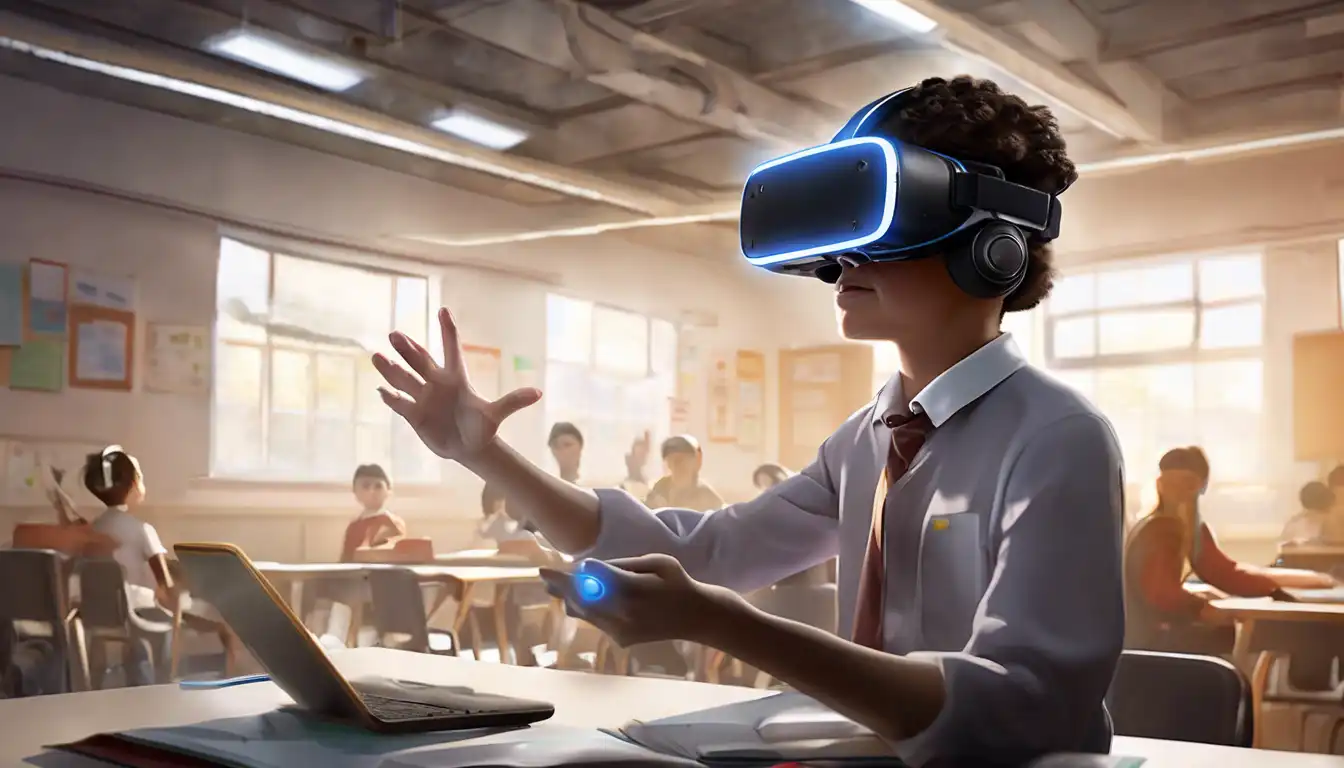The Transformative Impact of Virtual Reality on Learning
Virtual Reality (VR) technology has emerged as a groundbreaking tool in the realm of education and training, offering immersive experiences that were once unimaginable. By simulating real-world environments, VR provides learners with a unique opportunity to explore complex concepts, practice skills, and engage in interactive learning without the constraints of physical boundaries.
Why VR is a Game-Changer in Education
The potential of VR in education lies in its ability to create engaging and interactive learning environments. Studies have shown that immersive learning can significantly enhance retention rates and improve understanding by allowing students to visualize and interact with the subject matter in a three-dimensional space.
- Enhanced Engagement: VR captivates students' attention like never before, making learning more enjoyable and effective.
- Safe Learning Environment: From medical procedures to hazardous job training, VR offers a risk-free platform for practice.
- Accessible Education: VR can bridge geographical gaps, bringing quality education to remote areas.
VR in Professional Training and Skill Development
Beyond traditional education, VR is revolutionizing professional training across various industries. For instance, in healthcare, VR simulations allow medical students to perform virtual surgeries, enhancing their skills without risking patient safety. Similarly, in aviation, pilots use VR for flight simulations, preparing them for real-life scenarios.
Moreover, VR training programs are being adopted by corporations to train employees in soft skills, such as leadership and communication, in a controlled yet realistic environment.
Challenges and Future Prospects
Despite its potential, the integration of VR in education and training faces challenges, including high costs and the need for technical expertise. However, as technology advances and becomes more affordable, these barriers are expected to diminish, paving the way for wider adoption.
The future of VR in education and training is bright, with ongoing research and development aimed at creating more accessible and effective learning solutions. As we move forward, VR is set to redefine the boundaries of education and professional development.
For more insights into the latest trends in e-learning, check out our article on e-learning trends.
